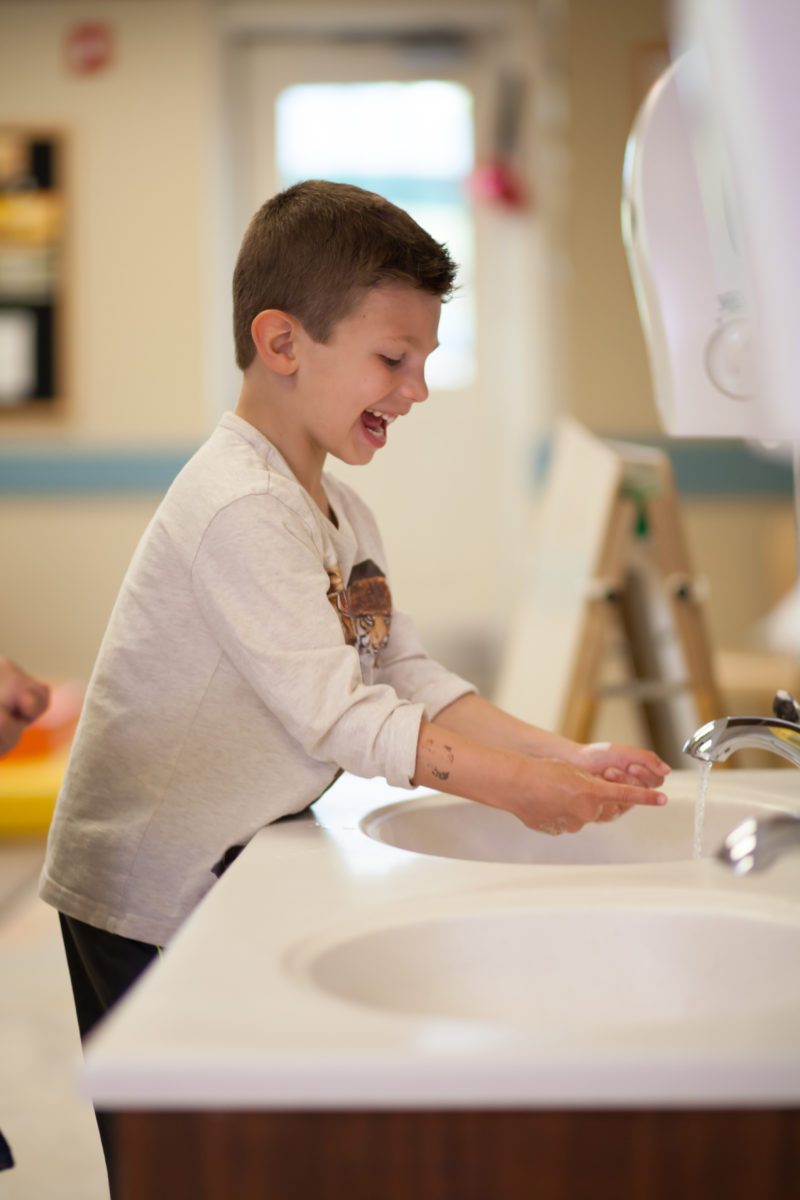May 5th is Save Lives: Clean Your Hands Campaign
 Cleaning your hands is one of the simplest and most effective measures to prevent the spread of infection and disease. To promote the necessity of regular hand washing, the WHO makes every May 5th the global call to action to remember the important role clean hands play in the prevention and control of infections.
Cleaning your hands is one of the simplest and most effective measures to prevent the spread of infection and disease. To promote the necessity of regular hand washing, the WHO makes every May 5th the global call to action to remember the important role clean hands play in the prevention and control of infections.
Why Hand Washing is Important
Keeping clean hands is one of the keys to avoid sickness, remove germs and to prevent the spread of illnesses to others. The act of washing your hands can protect you from a range of common illnesses like cold and flu, and it can also prevent a variety of bacterial and viral infections that could be detrimental to your health and to the health of those around.
The following are statistics that help to illustrate the importance of washing your hands:
- Hand washing education reduces the number of people who get diarrheal illness by 23-40%
- Hand washing education can reduce the number of respiratory infections like the common cold by 16-21%
- Proper hand washing could protect about 1 out of 3 children from diarrhea illnesses
- Proper hand washing could protect about 1 out of 5 children with respiratory infections like pneumonia
How to Wash Your Hands
While it might seem simple, many people do not wash their hands the right way. By washing your hands with the following steps, you can make sure you are doing what you can to protect yourself and others from infections.
- Wet your hands with water.
- Apply liquid soap and lather. Make sure to get in between fingers, the backs of your hands and under your fingernails.
- Scrub your hands for at least 20 seconds.
- Thoroughly rinse your hands under running water.
- Dry your hands with a paper towel.
- Turn off the faucet with that paper towel.
When to Wash Your Hands
Knowing how to wash your hands is important, but you also need to know all of the different times when you need to wash your hands. The following is a short list of times and activities that require hand washing:
- Before you eat
- Before preparing food
- In between different steps in the food preparation process
- When you are done handling food
- When you come in from outdoors
- After cleaning
- After you touch garbage
- After going to the bathroom
- After changing a diaper
- After cleaning a child that needs help in the bathroom
- Before and after giving First Aid
- After coughing, sneezing or blowing your nose
- After touching or handling an animal
Raising awareness of the importance of hand washing can go a long way toward preventing illnesses. With May 5th being the Save Lives: Clean Your Hands campaign, it offers a good opportunity to learn more about the importance of hand washing and to educate others about the right times and proper techniques for washing hands.
